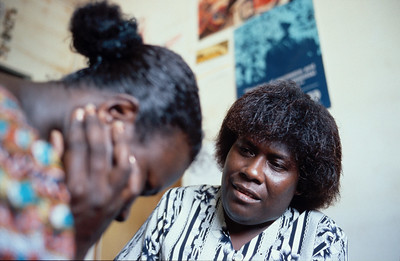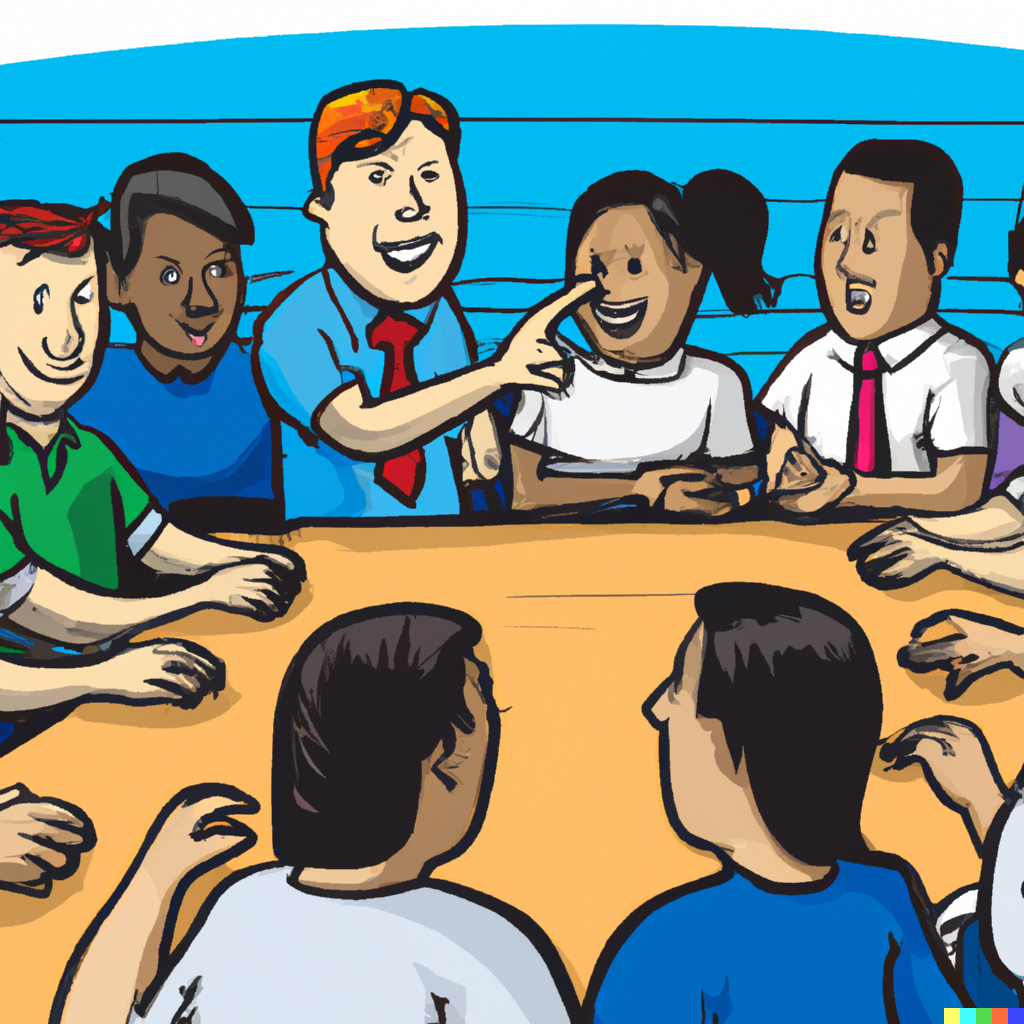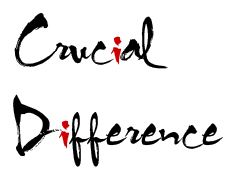Course categories
Skip available courses
Available courses

- Teacher: Graham Wilson
- Teacher: Graham Wilson
- Teacher: Graham Wilson
Helping anyone interested in using coaching, whether professionally, as a life-skill, or to achieve better results in their work with others. Thought provoking and practical, we explore the theory and skills of good coaching.
- Student: Guest Coach

More subtle than training, more profound than facilitating, more flexible than chairing… group coaching offers the potential for greater results, achieved sooner, and with longer-lasting impact. Whatever your starting point, using a fully blended learning approach (VLE, discursive, experiential and tutorial), we develop the confidence and skills, while exploring both core and emerging concepts in the field.
Suitable for existing coaches, trainers, facilitators, and executives, students establish ways of developing their personal style of group coaching, consider how to integrate it in their own work (and/or life), and prepare to assess and enhance their performance as group coaches.
- Participant: Guest Student23

One of the transformational developments in the history of talking therapy, the person-centred approach (PCA) proposed by Carl Rogers, has become firmly established at the heart of modern counselling. It has profoundly impacted coaching, education, healthcare, mediation, and even international reconciliation.
The first therapeutic method in the humanistic school marked a huge departure from the 'medical' mode of doctor-patient. The three 'core conditions' of empathy, unconditional positive regard, and congruence are frequently over-simplified, taken out of context, and mistaught. PCA is not simply a set of techniques – it is a fundamental philosophy about individuals and the world as a whole.
In this course, we explore the philosophy underlying PCA, Rogers' detailed analysis of what is necessary for therapy to work, and add a modern understanding of emotions and their communication.

Helping others exceed their own expectations
Coaching is a truly multidisciplinary subject, drawing on insights from psychology, sociology, anthropology, and education to inform its practice. Applied studies can also inform our work – insights from sports coaching, health coaching, financial coaching, and executive development are obvious examples. The committed coach keeps ‘up to date’ through continuous professional development. However, with so many fields to monitor, this can be a challenge – many coaches do not have access to the academic literature, let alone the time to scan such a broad range of topics. This one-day event helps bridge this gap.
- Student: Guest Contemp23

Over five weeks, we will explore the nature of coaching, its underlying philosophy, the many ways in which it is applied and marketed, and the nature of the profession and how it is evolving. Throughout, we will identify the core skills of coaching and practice them.
Whether you are a complete novice or someone who has been introduced to coaching informally and would like to know more before deciding whether to use it in your work, the course should be ideal. You may be a consultant or professional looking for more effective ways of working with clients, or someone in a managerial or leadership role exploring coaching as the means to help your team members become more motivated, confident and competent.

While most 'professional bodies' recommend supervision for coaches, some are reluctant or find existing approaches unsatisfactory. Others find themselves asked to provide supervision for internal coaches or subcontractors in the workplace. Meanwhile some experienced coaches are interested in adding supervision to the portfolio of work. Using a blended approach, we study the key concepts and approaches as well as applying the learning in our own course environment.
In order to benefit from the course, participants are expected to have their own coaching practice, though this may or may not include providing supervision.
While this course is aimed at supervision in the context of coaching we recognise that this may embrace some specialists working in health-related environments.
- Student: Graham Wilson

- Student: Abi Gray
- Student: Graham Wilson
- Student: Graham Wilson
Helping anyone interested in using coaching, whether professionally, as a life-skill, or to achieve better results in their work with others. Thought provoking and practical, we explore the theory and skills of good coaching.
- Teacher: Graham Wilson
- Student: Graham Wilson

A comprehensive, online course enabling Russian-speaking coaches to become coaching supervisors. The course carries an option to progress to Diploma level for those who wish to deepen their study and practice. The course will be delivered in English with Russian translation.
- Student: Graham Wilson

While most 'professional bodies' recommend supervision for coaches, some are reluctant or find existing approaches unsatisfactory. Others find themselves asked to provide supervision for internal coaches or subcontractors in the workplace. Meanwhile some experienced coaches are interested in adding supervision to the portfolio of work. Using a blended approach, we study the key concepts and approaches as well as applying the learning in our own course environment.
In order to benefit from the course, participants are expected to have their own coaching practice, though this may or may not include providing supervision.
While this course is aimed at supervision in the context of coaching we recognise that this may embrace some specialists working in health-related environments.
Helping anyone interested in using coaching, whether professionally, as a life-skill, or to achieve better results in their work with others. Thought provoking and practical, we explore the theory and skills of good coaching.
Helping any coach deepen their practice in various ways; enhancing intervention skills, better understanding clients' needs, drawing on evidence, exploring attitudes to work/clients, expanding client bases and professional standing.
Helping anyone interested in using coaching, whether professionally, as a life-skill, or to achieve better results in their work with others. Thought provoking and practical, we explore the theory and skills of good coaching.
- Student: Graham Wilson
Helping anyone interested in using coaching, whether professionally, as a life-skill, or to achieve better results in their work with others. Thought provoking and practical, we explore the theory and skills of good coaching.
- Student: Graham Wilson
Helping any coach deepen their practice in various ways; enhancing intervention skills, better understanding clients' needs, drawing on evidence, exploring attitudes to work/clients, expanding client bases and professional standing.
- Student: Graham Wilson

An introduction to the use of photography as a therapeutic intervention for therapists.

This four-week intermediate Digital Photography course is great for people who already have some knowledge of digital photography and who are already using their camera off auto.
Discover the secrets of successful portraiture, or those special moments for the family album.
Gain confidence in photographing people through practical work indoors and out, teaching you invaluable skills in lighting, composition and poses, to produce a beautiful portrait portfolio.
Our Digital Photography: Portrait course is for those wishing to learn how to take flattering portraits of friends and family using the full potential of camera and lenses in any lighting situation.
Learn how to create beautiful portraits with the minimum of gear. We limit the course to a maximum of 8 students to enable the tutor to help everyone individually.
To get the most out of our Digital Photography: Portrait course, it is recommended that you have some knowledge of depth of field, motion capture and ISO setting.
These skills are taught on our Digital Photography for Beginners Course.
Tutor Graham Wilson is looking forward to taking your portrait photography to the next level!
- Teacher: Graham Wilson
- Student: Activate Courses

o Do you have an advanced digital camera* that sometimes baffles you?
o Would you like to be more creative with your camera but don't know where to begin?
o Are your photography ambitions thwarted by the complicated controls and menus?

That emotions are crucial to our experience of the world around us has been appreciated for thousands of years. When Goleman popularised our understanding of just one dimension – emotional intelligence – in 1995, his book sold millions of copies.
Emotions shape our relationships, determine our values, are the basis of our own motivation and how we motivate others.
Over ten weeks, with a balance of theory, practical activities, and experiential opportunities, we attempt to understand the detail of emotions and what they are, how they impact us, and fashion society.
Explore the definition and components of emotions, and discover how they shape our thoughts, perceptions, and behaviours. Trace the evolution of emotional research, from ancient philosophies to modern cognitive science, gaining valuable insights into this ever-evolving field.
Delve into the neuroscience of emotions, the workings of our brain and how it processes emotional responses. Examine the ongoing debate of whether emotions are innate or social constructs, exploring the interplay between biology, culture, and socialization.
Uncover the minimal set of emotions that form the foundation of our emotional repertoire and explore their universality across cultures. Discover how empathy serves as a mechanism for emotional communication among individuals and even other sentient animals.
Investigate the relationship between positive emotions and psychopathology, gaining practical strategies for fostering mental wellness. Explore the intersection of emotions and motivation, and how they influence our actions and decision-making. Examine behavioural economics and marketing, where emotions are skilfully provoked to shape popular behaviour.
Understand the connection between wisdom, values, and emotions, and practical decision-making and finding meaning in our lives. Lastly, explore the relationship between religion and emotions, uncovering their role in spiritual practices and beliefs.
Whether for professional or purely personal interest, this course should help you make just a little more sense of the complex world in which we live.
- Student: Guest Emotions24

This is a Guildford College bridging course for students who have completed an asynchronous L2 counselling theory course to gain practical counselling experience prior to applying for a L3 face-to-face course.
- Student: Guest Student

A workshop for Oxford University Continuing Education tutors to explore approaches to enhance our practice.






